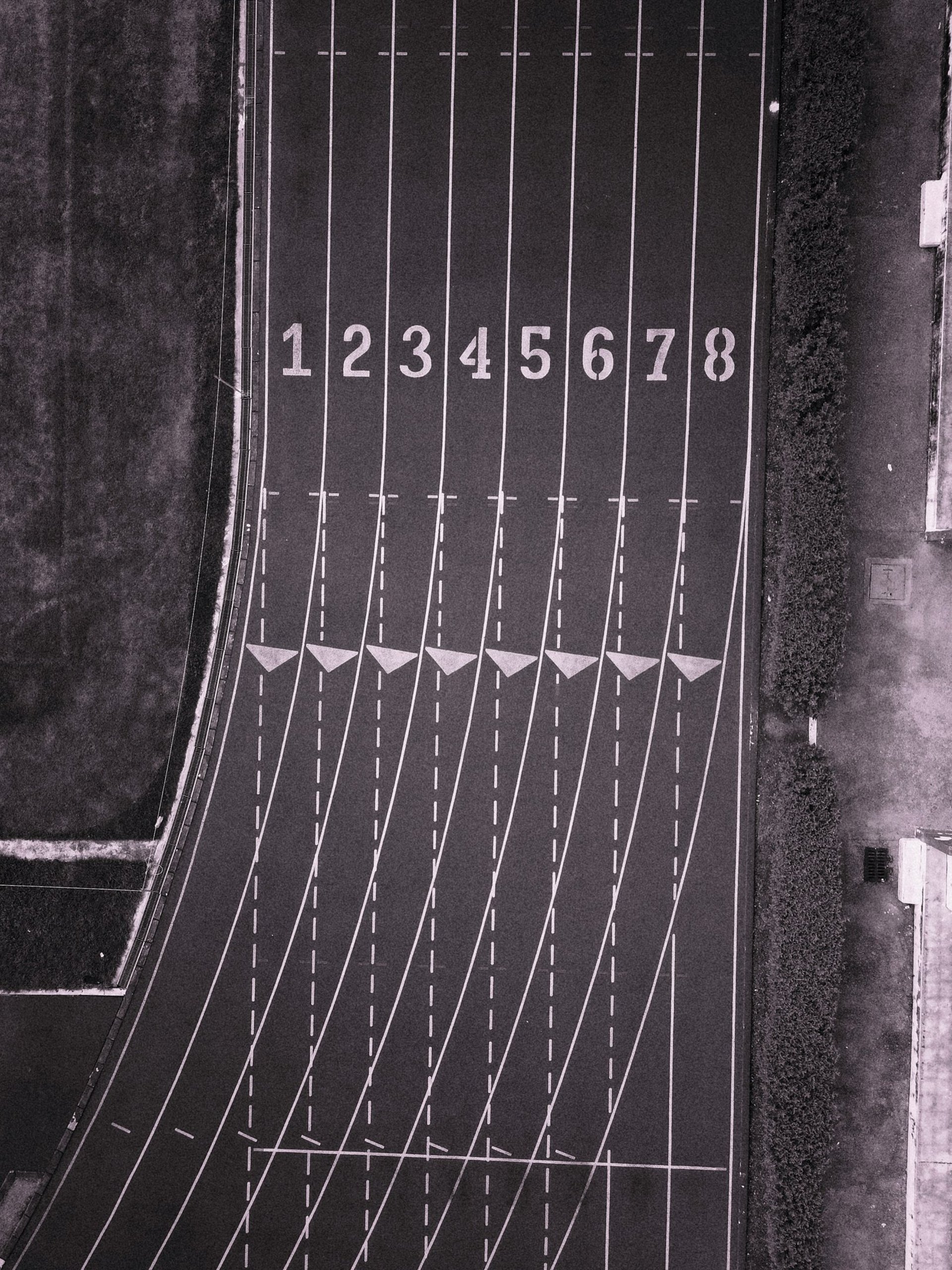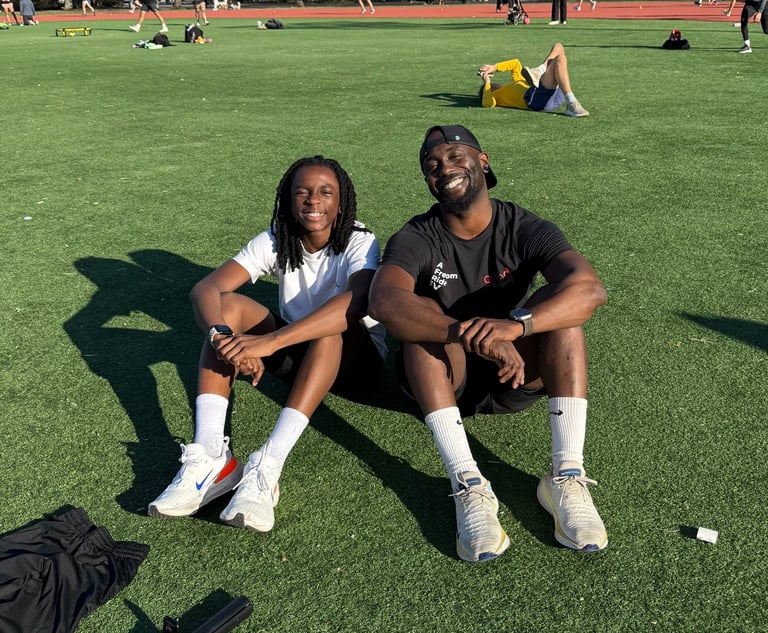
The Father-as-Coach Framework: Leading with Patience, Not Pressure
We were taught to push, correct and provide, but today’s fatherhood calls for more. This post explores how leading like a coach, with patience over pressure, helps us build deeper connections and raise more confident kids.
Redefining the Role: The image of a coach is often tied to whistles, playbooks and shouting from the sidelines. But in the context of fatherhood, coaching takes on a different tone. It’s about guidance, patience and knowing when to push and when to pause. For Black fathers especially, the role of “father-as-coach” isn’t just a metaphor. It’s a mindset that shapes how we lead our children through the challenges of life.
The Common Misconception: A lot of fathers believe that being a good coach means being tough, demanding and results-driven. We think we need to prepare our kids for the world by being hard on them before the world gets the chance. But that often leads to pressure without understanding, correction without connection.
The truth is, coaching through fatherhood requires just as much listening as it does leading. It’s about presence over perfection (this is a lesson that I am learning in real time).
Reframing the Issue: Instead of focusing on performance, the modern father-as-coach emphasizes development. That means investing in your child’s growth with the same care and strategy you’d apply to a work project or leadership team.
This approach isn’t soft—it’s smart. And I am learning that it builds stronger, more resilient relationships with our children.
Practical Strategies:
Adopt a Long-Term Mindset
Just like coaching a team through a season, think beyond this week or this moment. What habits and values do you want to instill over time? Every conversation doesn’t have to be a correction...it can be a seed planted.Create Feedback Loops
Ask your child what they need from you. What helps them feel supported? What feels like pressure? When my son Darius, who’s 13 and runs track, told me he wanted me to give him a pep talk before races but wasn't receptive to critique right after, I adjusted. Now we debrief later in the day and it’s made a real difference in how we connect.Be Clear About Roles
Make it clear when you’re acting as a parent and when you’re stepping into coach mode. Kids appreciate structure. Darius knows when we’re on the field, I might push him. But at home, I’m Dad first, always...even though coach slips in there occasionally.Celebrate Growth, Not Just Wins
Reward effort, improvement and attitude—not just outcomes. One of the most powerful things you can say to your child is, “I’m proud of how you handled that,” even when the result wasn’t a win.
From My Life: I remember a moment earlier this season when Darius did not perform well in a high profile race. He was crushed, wracked with disappointment. I could see him bracing for criticism. But instead, I said, “I loved how you set the race up. We have to work on the finish, but we have something to work with.”
Later that night, he told me, “Thanks for not being mad.” That’s when I knew that my intentionality was working. He didn’t need a breakdown of his performance at the moment. He needed his dad to see him.
Final Reflection: Coaching as a father isn’t about getting the best out of your child at all costs. It’s about giving them the confidence to find their best on their own terms (even though that can be really frustrating sometimes). It’s about patience, consistency and trust.
If we can lead our kids the way we’d want to be led, with empathy, honesty and belief in their potential, then we know we’re doing something right.

